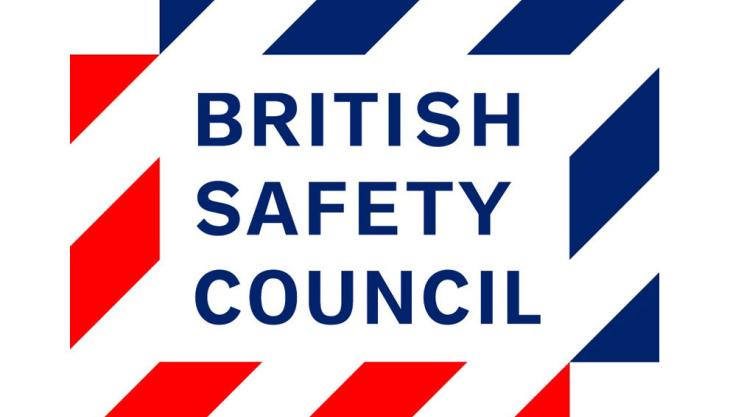Safety body calls for change in thinking and focus

British Safety Council welcomes drop in fatal injuries but concerned by increase in work-related ill health
THE British Safety Council, while welcoming the continuing fall in the number of fatal injuries in Great Britain’s workplaces, as detailed in the HSE’s 2013/14 health and safety statistics report, has expressed its concern with the upward trend in the number of new work-related ill-health cases.
Stress, anxiety and depression and musculoskeletal disorders continue to be the biggest causes of work-related ill health and account for almost 20 million working days lost each year, costing society an estimated £8.6 billion.
Commenting on the report, Alex Botha, chief executive of the British Safety Council, said: ‘While we welcome the continuing improvement taking place in preventing injuries in our workplaces, we are concerned that the 2013/14 report shows no improvement in reducing work-related ill-health occurrences.
‘The focus for many years has been on safety, but with some 2 million people suffering from a work-related illness – and with more than half a million new cases reported in 2013/14 – it is clear we need to change our thinking and focus in order to tackle the root cause.
‘This year the British Safety Council’s annual conference, entitled ‘Pushing health up the agenda’, brought together a range of experts to explore and share what we need to do to tackle the full range of occupational health conditions such as asthma, mental health and cancer. What was clear is that we have the solutions to tackle work-related illness but are not applying them as we should.’
Mr Botha continued: ‘The social and economic consequence of neglecting the health and well-being of the workforce is grave. The HSE estimates that workplace illness costs GB society some £8.6 billion each year. The average number of days lost per case of work-related stress, depression or anxiety is 23, and 16 for musculoskeletal disorders.
‘What we’ve seen is that in tackling occupational health, a lot can be learnt from the ‘safety’ landscape. So often we see that it is about clear leadership, effective communication, appropriate training, good measurement and management – in a sense, health can be managed like safety, and the business case is there to support the value of such investments.
‘Our thinking needs to change too about how to ensure we comply with the law and keep our employees healthy and safe. For too long compliance has focused on safety. Our attention must turn to identifying what we need to do not only to comply but to have a fit and healthy workforce.’
He added: ‘The British Safety Council is making its guide, ‘Managing stress at work’, freely available online until the end of November. We will also be revising and re-publishing our occupational health guide in December. We are committed to playing our part to make the case for healthy workplaces and the importance of looking after the health and well-being of the workforce.’







